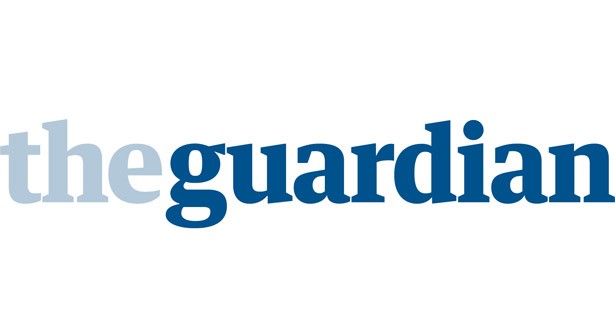The Democratic presidential candidate will discuss criminal justice reform proposals, which include changes to sentencing and police training, on Friday
The announcement includes proposals to reduce prison time for nonviolent offenses and reform the mandatory minimum sentencing laws. She also called for expanding the federal government’s ability to investigate potential civil rights violation by law enforcement agencies.
Clinton has made criminal justice reform a prominent feature of her campaign, describing in several speeches the need to confront “hard truths” about race and justice in America. Her new proposals place her criminal justice agenda squarely in line with the Obama administration, and in stark contrast to the “tough on crime” policies instituted by her husband’s administration during a period of high crime more than two decades ago.
Clinton has proposed reducing federal mandatory sentences retroactively, which would allow for the early release of certain prisoners. In addition, she called for reforming the current “strike” system, which compounds sentencing based on past crimes. As part of the changes, she wants to remove nonviolent drug offenses from the “strike” system.
She also endorsed a reform that’s already received bipartisan backing to expand the so-called “safety valve”, which would grant judges greater discretion to break with the prescribed mandatory minimum sentence for certain nonviolent offenses.
Among her proposals released Friday is improving the capacity of the Department of Justice’s civil rights division to investigate law enforcement agencies by working to secure subpoena power and improving data collection. She would also double the funding for the DoJ’s collaborative reform program, which works with police departments around the country to address concerns before they escalate to the point of a formal investigation.
A campaign aide told the Guardian that the unit is currently overburdened and understaffed, with only 50 lawyers in the unit to probe potential civil rights violations. Clinton wants to bolster the unit’s resources so that it is better equipped to investigate possible “patterns and practices” of abuse by law enforcement, as it did in Ferguson following the officer involved shooting of a black teen.
While investigating the Ferguson police department last year, the unit discovered that the constitutional rights of the city’s black resident were routinely violated through unjustified arrests, traffic stops and predatory revenue-raising tactics.
Clinton’s policy proposals would also see law enforcement officers receive periodic training throughout their careers on effective policing tactics. Their education would include training in de-escalation techniques, community policing approaches, appropriate use of force guidelines and mass demonstrations response. It would also address implicit biases and best practices to engage members of the LGBT community, with a particular emphasis on transgender individuals, who are impacted disproportionately by poverty, drug use and homelessness, the aide said. Training would also included an education on officer safety and wellness, and address best practices in managing stress.
“Clinton has importantly highlighted the need for more robust training and enhanced law enforcement accountability structures via the DoJ,” said DeRay McKesson, a founding member of the influential Campaign Zero criminal justice reform project, in an email.
McKesson was part of a delegation of police reform activists who met with Clinton last month to discuss her position on a host of issues, including mass incarceration and the sale of military equipment to local departments. The Campaign Zero project was founded by a number activists who rose to prominence following the fatal police shooting of black 18 year-old Michael Brown in Ferguson, Missouri.
“With that said,” McKesson continued, “I am curious if Clinton will follow-through on her faith in communities by ensuring that the majority of the increased funding for the ‘collaborative reform’ program is given to community-based and/or community-led partners.”
Clinton is expected to discuss her proposals on Friday evening during an unofficial forum with her Democratic challengers at Winthrop University in Rock Hill, South Carolina.






